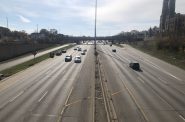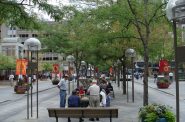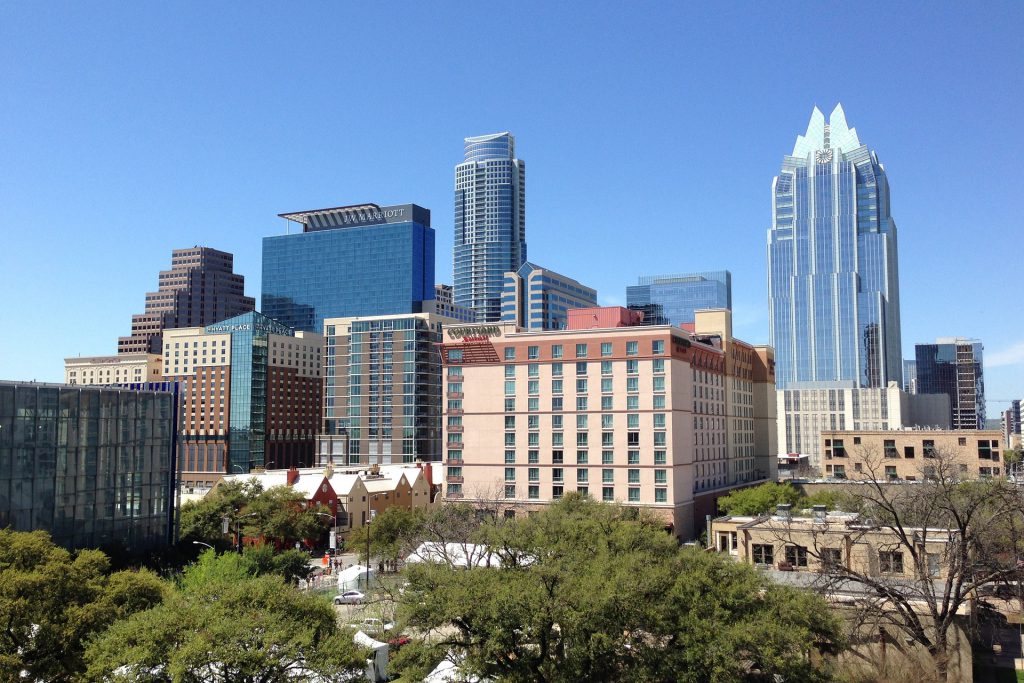Austin the Next Silicon Valley? No
All the city news you can use.
Every day at The Overhead Wire we sort through over 1,500 news items about cities and share the best ones with our email list. At the end of the week, we take some of the most popular stories and share them with Urban Milwaukee readers. They are national (or international) links, sometimes entertaining and sometimes absurd, but hopefully useful.
Has the pandemic disproved a theory of gentrification? During the pandemic a rise in remote work has led to a falling demand for housing in urban areas as demonstrated by falling rental prices in places like San Francisco and New York. But these price drops perhaps signal something else entirely, that gentrification theories blaming new housing for increased prices are wrong. (Jake Anbinder | The Atlantic)
The pandemic killed the commute: About 10% of workers before the pandemic commuted to work for at least 60 minutes each week and are given the term mega-commuters. Many have ranked commuting as one of the least enjoyable tasks of their day but in the pandemic, some are missing the commute as a way to get alone time or separate work from home. (David Dudley | Bloomberg CityLab)
Children are intuitive urban planners: 27 children between the ages of five and two were asked to think about and map their neighborhoods in Dunedin New Zealand. Surprising the adults, the children were future oriented planners that had lots of good ideas and considered the holistic nature of the city and its functions. (Christina Ergler | The Conversation)
Climate change could soon curtail winter festivities: Many of the winter traditions that exist in the northern United States could come to an end as climate change reduces the number of days with ice on lakes and snow by a month. This could put an economic damper on the fun and draw to a close traditions such as snowmobile racing that residents of these areas have known for decades. (Keith Matheny | Detroit Free Press)
Quote of the Week
Being surrounded by nature appears to make people walk more quickly, because it is simpler to process than the vast array of cars, buildings and flashy visual distractions in the city.
–Victoria Allen in the Daily Mail discussing a study that shows people walk slower in cities than in nature.
This week on the podcast, Carrie Makarewicz, associate professor at the University of Colorado at Denver; Prentiss Dantzler, assistant professor at Georgia State University; and Arlie Adkins, associate professor at The University of Arizona join us to talk about their paper looking at the connections between housing expenditures and location.
Want more links to read? Visit The Overhead Wire and signup. https://mailchi.mp/theoverheadwire/urban-milwaukee
Urban Reads
-
How Traffic Noise Impacts Children’s Brains
 Jul 1st, 2024 by Jeff Wood
Jul 1st, 2024 by Jeff Wood
-
Number of Super Commuters is Rising
 Jun 22nd, 2024 by Jeff Wood
Jun 22nd, 2024 by Jeff Wood
-
Why Has the Walkable City Been Villainized?
 Jun 9th, 2024 by Jeff Wood
Jun 9th, 2024 by Jeff Wood






















